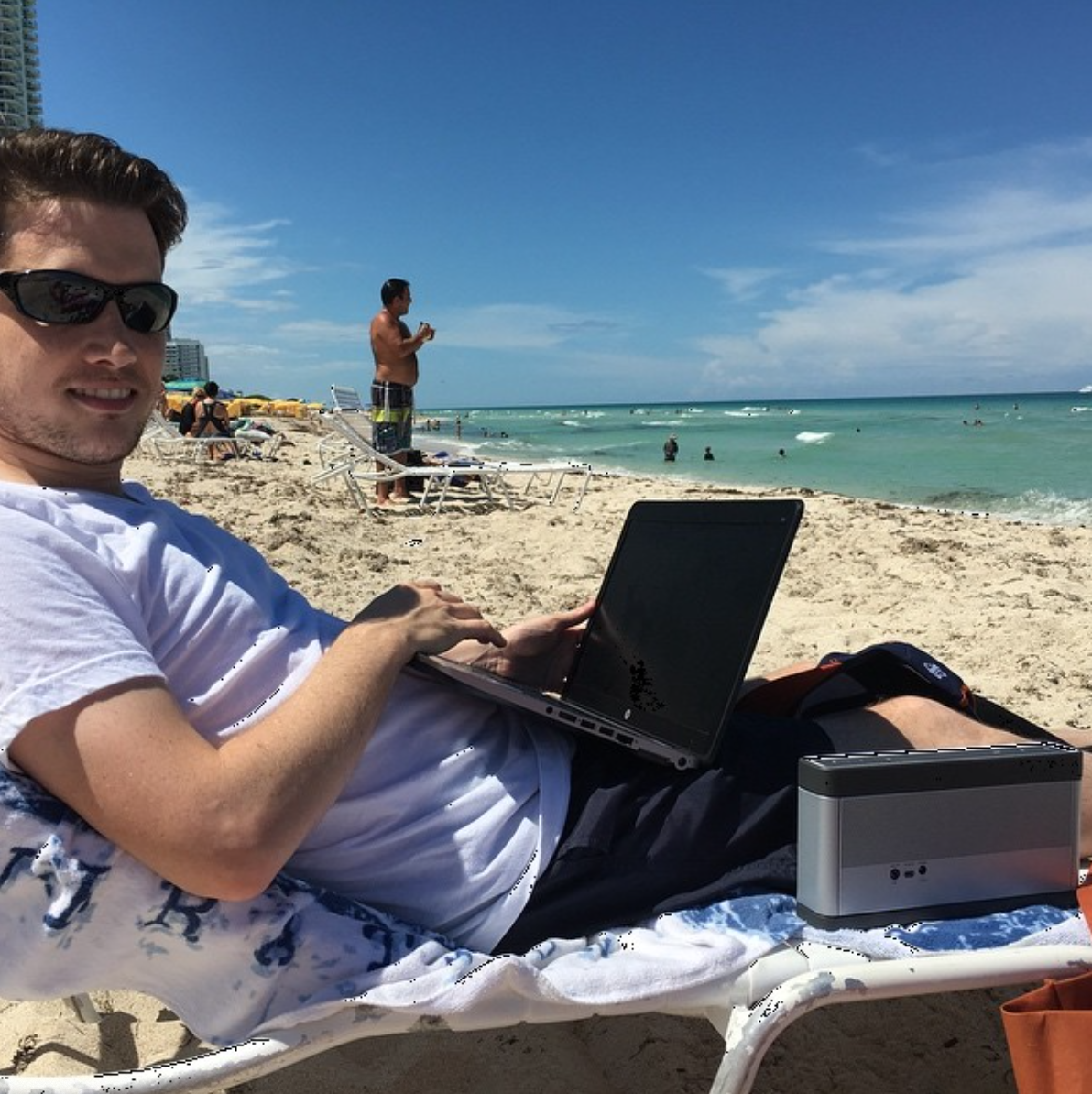Happy Friday, Evolvers!
You need to hear this…
As we close out the week, the market is being dominated by one major catalyst — the consumer price index (CPI) report, a key measure of inflation in the U.S. economy.
Remember last year, when inflation was raging and the Fed was all anyone was talking about?
For the past 13 months, inflation has been showing month-over-month decreases and the focus has shifted away from the Fed.
But yesterday, that all changed. While the core and headline CPI numbers aligned with analysts’ expectations, the July CPI report also showed inflation heating up across various categories once again…
How will this data affect the market? We’ll have to wait and see.
But for now, it’s time for our Friday Q&A. Keep reading and I’ll answer your questions…
“Are you making any special moves based on the CPI numbers?”
Anyone who follows my trading will know that I love a big market catalyst.
And generally, these reports from the Fed tend to get the market moving.
That said, I’m primarily a technical trader. I make my moves based on technical analysis and chart patterns.
I’m also a momentum trader. I focus on a particular kind of chart that a big macro event (like a Fed report) won’t necessarily affect.
Additionally, I prefer to wait and watch the initial market reaction before making any moves based on a major catalyst.
The initial reaction was muted, with the indexes barely holding green at the time of writing on Thursday.
But you must be aware of something…
The ‘smart money’ traders that control the stock market — hedge funds, institutions, and market makers — are well aware that millions of traders are speculating based on the CPI right now.
These powerful forces may set up fake-out, counter-moves to throw traders off over the next few days.
I’d rather play it safe and miss the commotion, waiting for a setup that fits my bread-and-butter trading strategy like a glove.
As much as you hear other people discussing it, don’t feel like you’re required to trade a catalyst that doesn’t work with your personal strategy.
If it does, great. But if it doesn’t, don’t force it!
“I bought weekly puts, the stock went down, and my contracts still lost 60% of their value. What am I doing wrong?”
It’s hard to tell you exactly what happened without knowing the exact stock and contracts you were trading.
That said, this is the weird thing about options trading…
If you’re not careful, and you trade options like stocks or mistime your moves … you can be 100% correct on your trade thesis and still lose money.
But there’s an easy way to avoid this … you must understand how options contracts are priced.
A variety of factors influence option pricing beyond the price of the underlying stock. Great options traders understand this.
Think about how a five-star chef prepares a dish…
Sure, they have a great recipe. But if they don’t also measure their ingredients to utter perfection … the recipe won’t matter much.
Well, the same goes for the ingredients of an options trade.
In this analogy, your strategy is your recipe … while the ingredients are your understanding of how options are priced.
Bottom line: If you don’t consider the ingredients, your dish won’t taste very good (and it’ll cost a lot more than it should).
So, with all of this in mind, here are some factors you need to consider when making options trades:
- Implied Volatility (IV) — What was the IV on the contracts you were trading? And did it change drastically from your entry to your exit? If the answer is yes, IV crush could’ve destroyed the value of your contracts.
- Intrinsic Value — What was the intrinsic value of your contracts when you entered and exited? Intrinsic value is calculated by determining how much of the contract’s total cost (or premium) is made up of the difference between the current share price and the strike price.
- Extrinsic Value — What is the time value of the contracts? Time value is the extrinsic value of any options contract … it’s what you’re paying for as an options trader being the intrinsic value. The more time is left before your contract’s expiration date, the higher its extrinsic value (and overall premium) will be.
It sounds like you may be trading options as if they were stocks, which is a mistake.
Just because the underlying move takes place doesn’t mean you automatically get paid.
To make serious returns as an options trader … You must consider IV, intrinsic and extrinsic value, as well as choose the correct strike prices and expiration dates.
Are You Ready To Take The Next Step?
I’ll let you in on a little secret … I wouldn’t be a multi-millionaire if I hadn’t joined Tim Sykes’ Trading Challenge so many years ago.
And I want you armed with all of the tools necessary for success in the stock market.
So, if you’re passionate and dedicated, ready to take on anything the market throws at you, then I’ve got something for you…
My mentor, Tim Sykes, has helped traders learn to succeed for years. More than 30 of them (including me) are now millionaires.
Are you ready to take your trading game to the next level? Do you have what it takes to face the Trading Challenge?
Let’s find out…
CLICK HERE TO SIGN UP TODAY FOR ONE OF OUR FREE, LIVE TRAINING CLASSES!
I’m looking forward to seeing you there!


